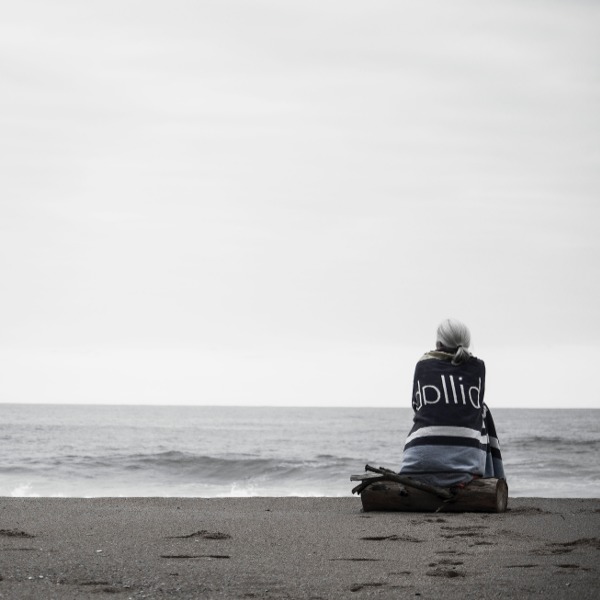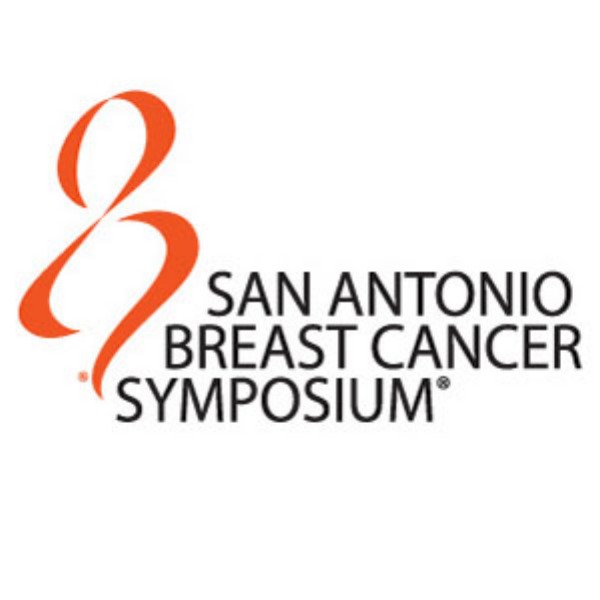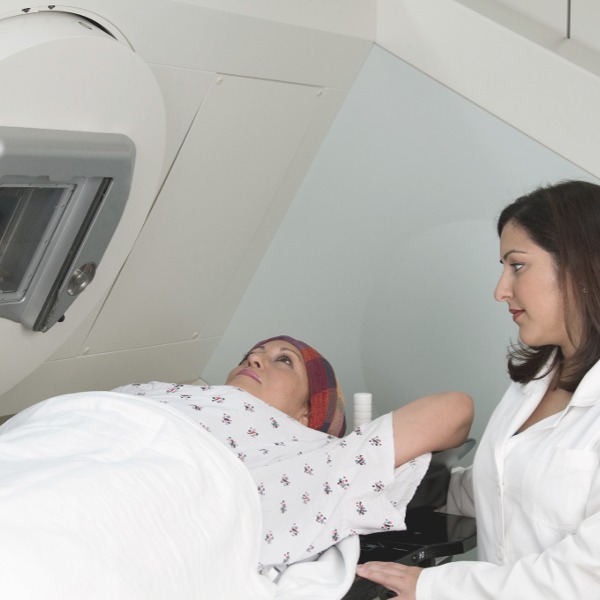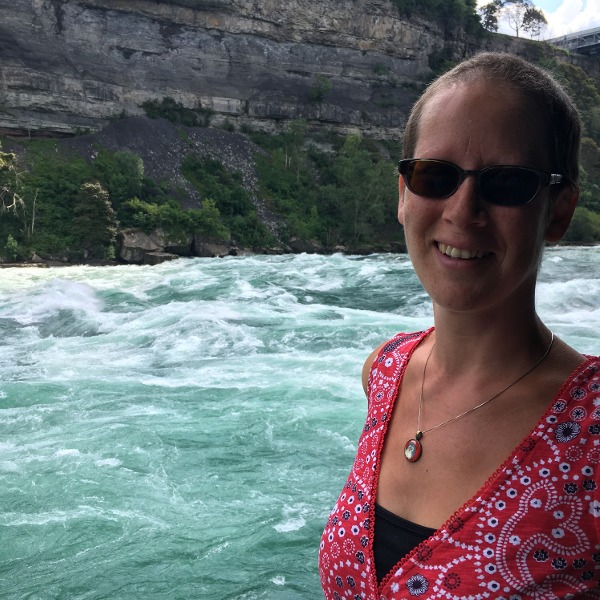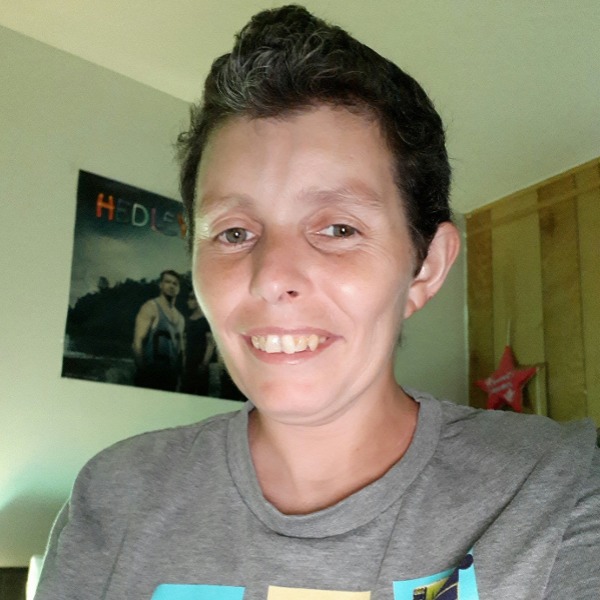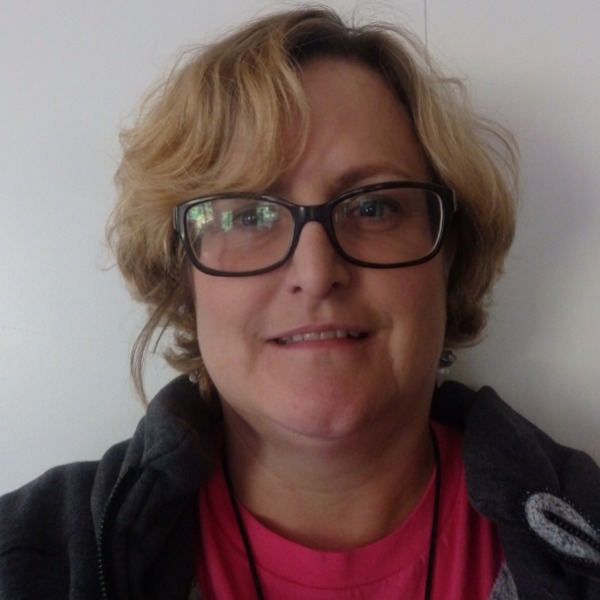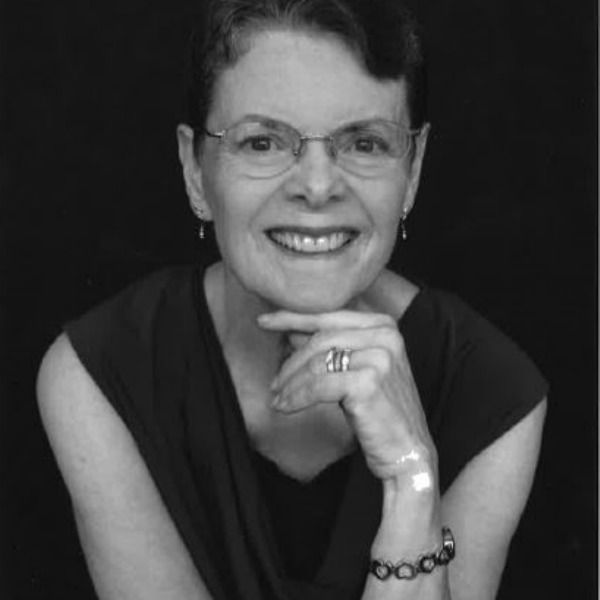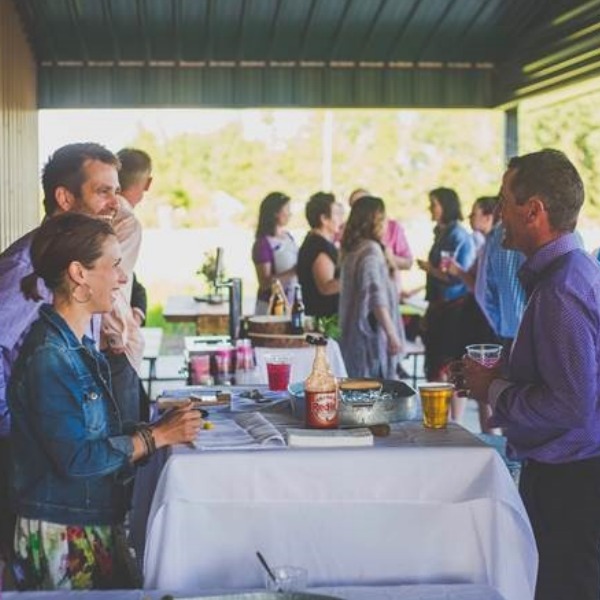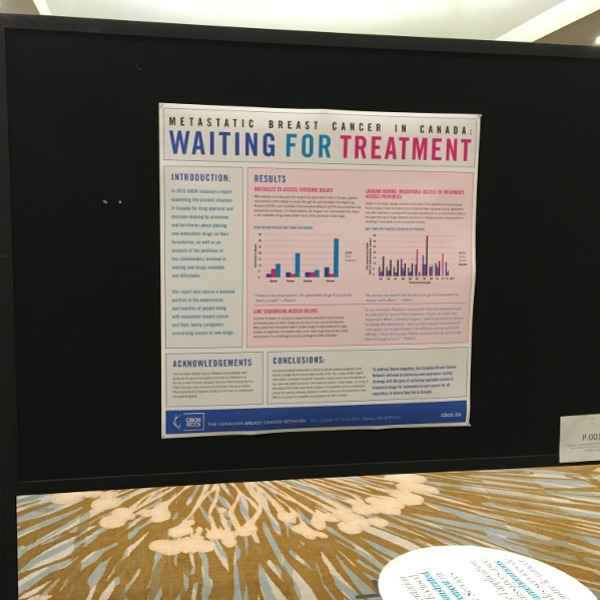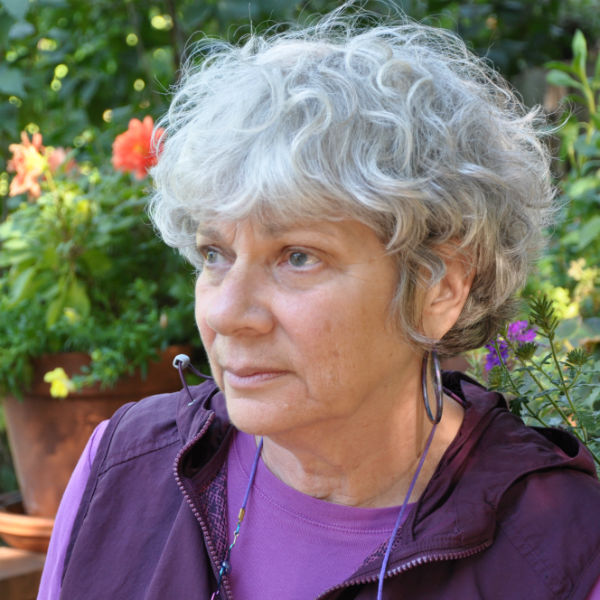By continuing to use our site, you consent to the processing of cookies, user data (location information, type and version of the OS, the type and version of the browser, the type of device and the resolution of its screen, the source of where the user came from, from which site or for what advertisement, language OS and Browser, which pages are opened and to which buttons the user presses, ip-address) for the purpose of site functioning, retargeting and statistical surveys and reviews. If you do not want your data to be processed, please leave the site.
The Voice of People With Breast Cancer
Education
Our Voices Blog
Tag : treatment
6 Ways to Manage Joint Pain
Joint pain is often a side effect of breast cancer medications, especially tamoxifen and aromatase inhibitors, which people are often prescribed for years. If you happen to be someone who experiences this, you know that it can range from being mildly annoying to having a debilitating effect on your daily life.
Adjusting to life after treatment ends
Your surgery, chemotherapy, and radiation treatments are finished. You think you should be celebrating your return to normal. But you don’t feel the same as you did before your cancer diagnosis. Breast cancer has changed you in many ways: physically, emotionally, spiritually.
What’s important for patients to know from the 2017 San Antonio Breast Cancer Symposium?
Every year clinicians, researchers, patient advocates and industry members head to Texas to share the latest breakthroughs in breast cancer research. It’s a key conference to learn about new treatments or new standards of care for breast cancer patients. Here’s some of the highlights that have the most impact on patient care today:
Ask an expert: Febrile neutropenia explained
Febrile neutropenia, or FN, is a common and potentially serious side effect of chemotherapy treatment.
Metastatic patient faces a roller coaster of emotions
For Naomi Pickersgill, living with metastatic breast cancer and being confronted with her own mortality has been a “roller coaster of emotions.”
9 self-care tips for getting through radiation
If you are receiving radiation, you’ll know that there are often side effects that range from mildly annoying to severely debilitating. The self-care plan outlined by your medical team can help reduce the redness, pain, and irritation that come with radiation dermatitis.
Metastatic breast cancer’s silver lining
For Shelley Scott of Winnipeg, a metastatic breast cancer diagnosis in November 2016 had a silver lining.
“It helped me appreciate the moments of my life rather than worrying about what might be, which is kind of a gift,” she says.
She tells the story of two coworkers she knew who planned a big trip for the time when they both were retired. They never made the trip because one of them died.
Metastatic breast cancer has made her a fighter
In August 2016, Erin Richard of Sydney, Nova Scotia was diagnosed with triple negative metastatic breast cancer. She was only 39 years old.
In search of timely and equitable access to drugs
I learned about “timely and equitable access” to oncology drugs at the Canadian Breast Cancer Network's metastatic breast cancer advocacy training in 2013. I was the first in Canada prescribed Perjeta, days after Health Canada approved the drug. My oncologist shared exciting trial results about dual blockade (using two drugs simultaneously against breast cancer). The trastuzumab emtansine (TDM-1) trial had closed days earlier. Another combo was available but it was “back pocket.” The caveat was that it wasn’t funded but my extended health insurance benefits agreed to pay. On route to my first infusion, I penned a sign: BELIEVE. We did. I had dozens of liver and lymph mets and my liver was failing. After two rounds, I had normal liver enzymes and after three, normal tumour markers.
Fighting for life-saving metastatic drug access
I was born and raised in Southern Alberta and moved to Calgary to attend university and eventually raise my family here. I am an active senior who enjoys singing with a Calgary performing group, travelling with my husband, watching sports and movies on TV, spending time with my two daughters, who both live in Calgary, keeping in touch with my granddaughter, who now lives in Victoria, and watching my grandson grow up and enjoy his activities.
What More Looks Like …
Looking back at the 4 years we have hosted our event, the Pink Ribbon Project (PRP) is always interesting, emotional and clarifying. We can see the things we have accomplished and learned but most importantly where we can grow in our work around breast cancer.
Discussing the gaps in cancer drug coverage at key Canadian Conference
I had the privilege to attend the Canadian Partnership Against Cancer’s (CPAC) Conference on Optimal Approaches to Cancer Care in Canada. This was the first time that CPAC hosted this conference. Its purpose was to explore 4 key themes to cancer control: initiatives in quality care, economics of high-quality care, improving the quality of cancer diagnosis, and overcoming inertia in the cancer system (why don’t we do what we know works?).
Cancer-related fatigue Q&A
Because fatigue is a predominant symptom of cancer, CBCN reached out to Georden Jones for advice on managing this symptom. Georden is a doctoral student in clinical psychology at the University of Ottawa. Her thesis focuses on cancer-related fatigue, in particular on the patient's experience with this symptom and how to implement assessment and interventions programs for cancer-related fatigue. Her thesis project is ongoing and is estimated to end by 2019. If you have any questions concerning her work, please do not hesitate to contact her by email: gjone046@uottawa.ca.
My Life after Breast Cancer
In 2013, I wrote a “My Life after Breast Cancer”, for CBCN’s Network News Spring 2014. It had been four years since being diagnosed with locally advanced, triple negative breast cancer, three years since the end of treatment. I was cancer-free and well, appreciating my bonus years.
Moving forward to the new me
“Great to see you back to your normal self,” a friend said to me recently. I nodded, and smiled my best fake smile. It’s been three years since my original diagnosis of breast cancer, two years since the end of treatment, and 18 months since my bilateral mastectomy. I've been bald, radiated, sliced, diced and pieced back together. I am strong. I am happy. But I am nowhere near “back to my normal self.”


